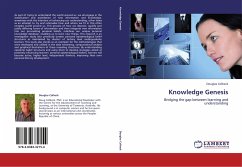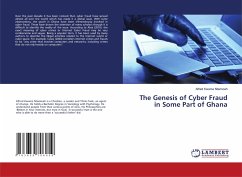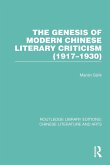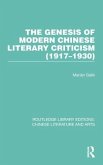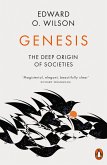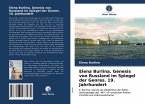As part of trying to understand the world around us, we all engage in the classification and assimilation of new information and knowledge, sometimes with the intention of enhancing our understanding, other times as an attempt to try and rationalise how and where we fit in this often complex world around us. This process of how we discover, qualify and justify differing forms of information and then integrate new information into our pre-existing personal beliefs, redefines our unique personal knowledge database, enabling us to learn new things. This research is an investigative study into previously unseen personal epistemological belief structures as maintained by clusters of tertiary level undergraduate learners. This study also stands as an exemplar for the methodologies that were developed and utilised in the data harvesting, computational analysis and graphical illustrations of these revealing structures. By understanding epistemic belief structures and using them to develop strategies aimed at positively influencing learners personal epistemological beliefs, learners will become active, higher level, independent thinkers, improving their own personal literacy development.
Bitte wählen Sie Ihr Anliegen aus.
Rechnungen
Retourenschein anfordern
Bestellstatus
Storno

